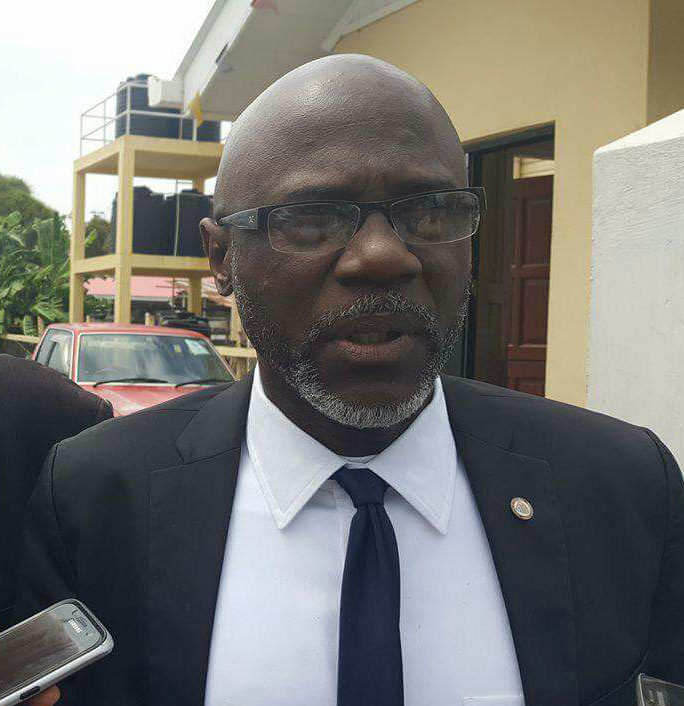The Guyana National Bureau of Standards (GNBS) has stated that it is working to acquire standard equipment to commence the verification of breathalyzers and speed guns in the upcoming year.
On Friday, the GNBS admitted in a statement that while it has been providing the requisite training on the use of breathalyzers and sped guns to the Guyana Police Force (GPF), it has not commenced the verification of these devices.
However, it said it is currently working to get the necessary equipment so that it can start verifying the authenticity of these devices. This process is expected to commence in 2021.

The issue has come under the spotlight in recent days following the decision by a city court to free former army Chief of Staff Gary Best of the charge of causing the death of cyclist Jude Bentley by dangerous driving as it found that a breathalyzer device used to test his alcohol level was “inefficient.”
The ruling by trial magistrate Rhondell Weever, which was released by Best’s lawyers, stated that the court must be satisfied that the device used to conduct the breathalyzer test must be operating properly.
The court document stated that the issue as to whether the Lion Intoximeter 3000 was working properly was a live one. According to the accounts of the witnesses that testified during the trial, the defendant was taken to the Kingston Police Station, where he was asked to submit a breath test on the Lion Intoximeter 3000.
Best complied with the request and provided two samples and according to the combined readings, the amount of alcohol on his breath was no less than 81 micrograms in 100 milliliters, over twice what is called the legal limit. Explaining further, the ruling stated that a device used had an in-built self-checking system so when used, before and after each specimen of breath is analyzed, it should register a normal 35 micrograms of alcohol in 100 milliliters of breath. However, one of the device readings stated that Best had 38 micrograms of alcohol despite the device capabilities being limited between 32 and 37.9 micrograms.
“A tolerance either side of this figure is permissible. It is limited between 32 and 37.9 micrograms. A reading outside those figures by what is called a calibration check renders the device unreliable and the result of the analysis of the specimen of breath no matter what it be, is inadmissible as evidence to establish the commission of the offence charged,” the document stated before adding that it is by this criteria that the device was rendered inefficient since the calibration checks went beyond the limit of 32 and 37.9 micrograms.
The document added that the product of the device was therefore inadmissible for the purpose of providing evidence against Best.
In addition, it was stated that the device used by the witness always produces a print out that displays the date of last calibration and Exhibit A clearly showed that the date of last calibration was February 20th, 2019 at 15:19 hours. Hence the device used by the witness was not calibrated in about one year prior to conducting the breathalyzer test on Best.
The device used by the witness was required to be calibrated every six months. As this was not done, the reliability of the breathalyzer used for the test result was questioned and it was therefore established by the court that there was no evidence that the witness did a test on the device to produce a reference standard within a reasonable time period prior to Best being tested. “The practice has usually been for the police officer conducting the test to first provide his own specimen of breath analysis in front of the defendant so as to show that the device is working properly. However, this was not done in this case,” the ruling noted.
Further, the witness, according to the document, admitted that the results were unreliable due to the fact that the device was not calibrated every six months as is required.
As a result, the ruling stated that although breath alcohol detection devices have long been considered scientifically reliable, the court found that the witness did not comply with the statutory procedures outlined in Section 39 C of Chapter 51:02 and the prosecution failed to establish that the device was working properly since it was last calibrated more than a year.
Following these revelations, the testimonies of the witness was considered unreliable and the court rejected his evidence.
Bentley, 41, was killed after he was struck from behind in the vicinity of the Russian Embassy turn on February 8 at around 4.31 am by a Toyota Land Cruiser, driven by Best.




